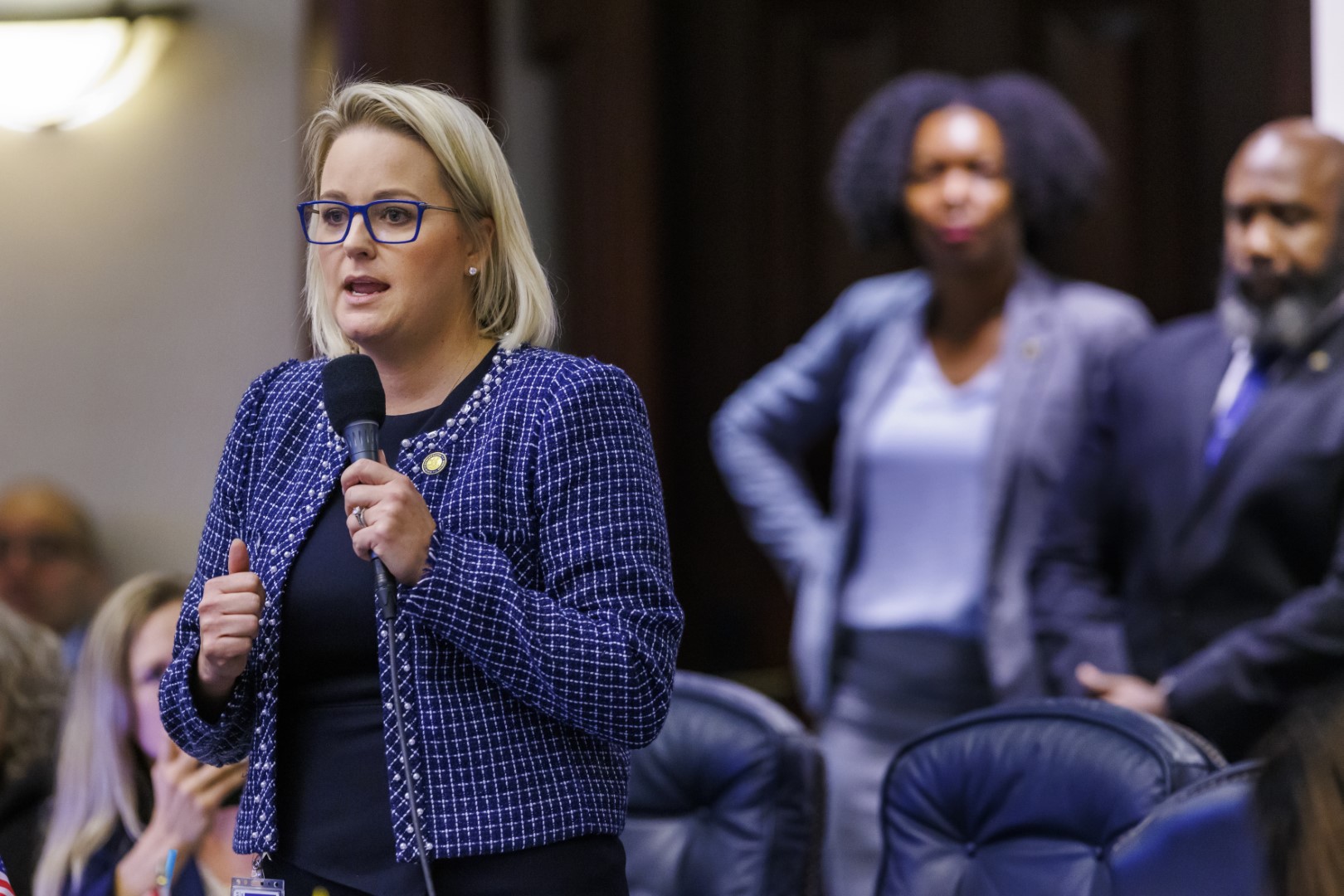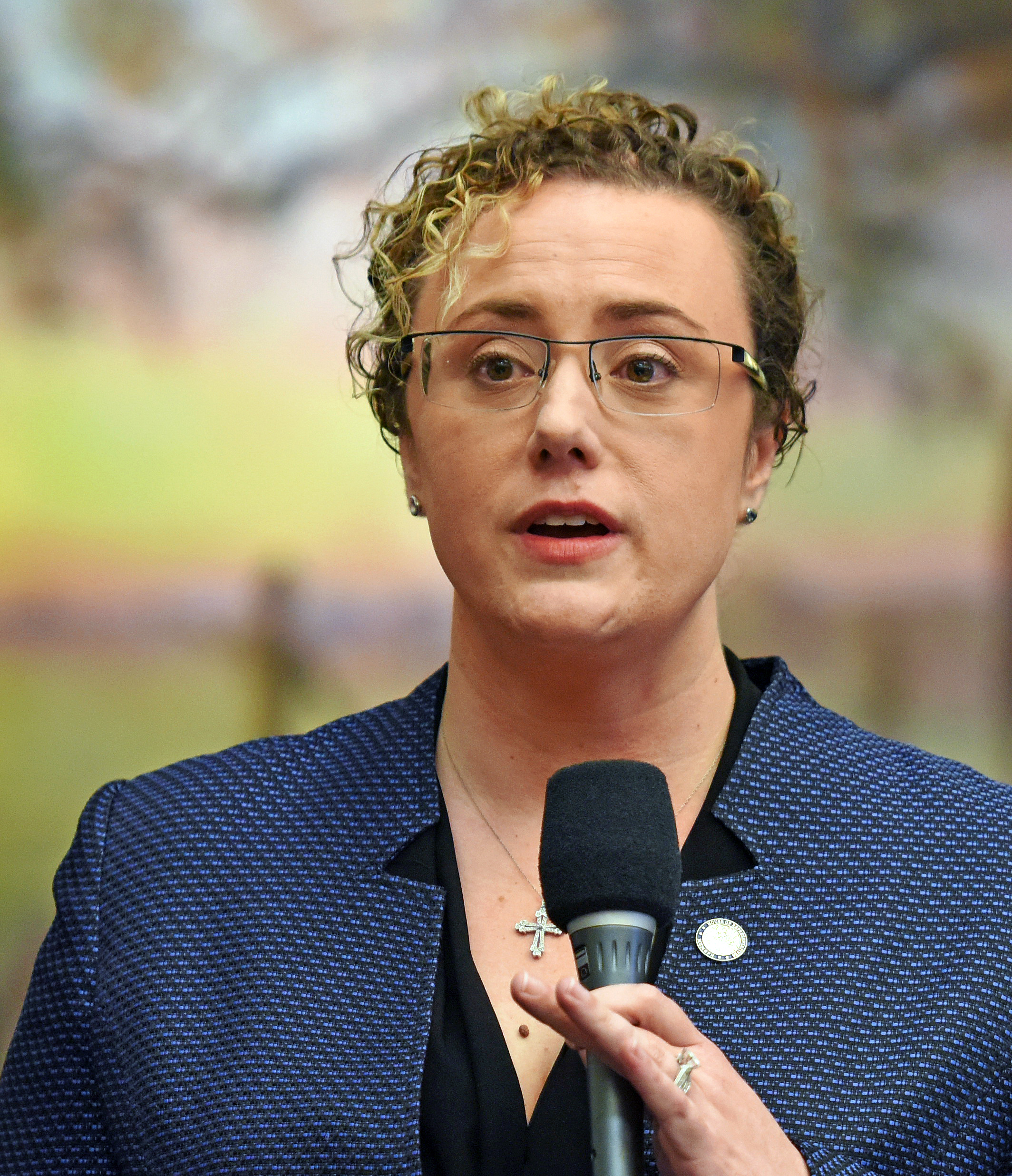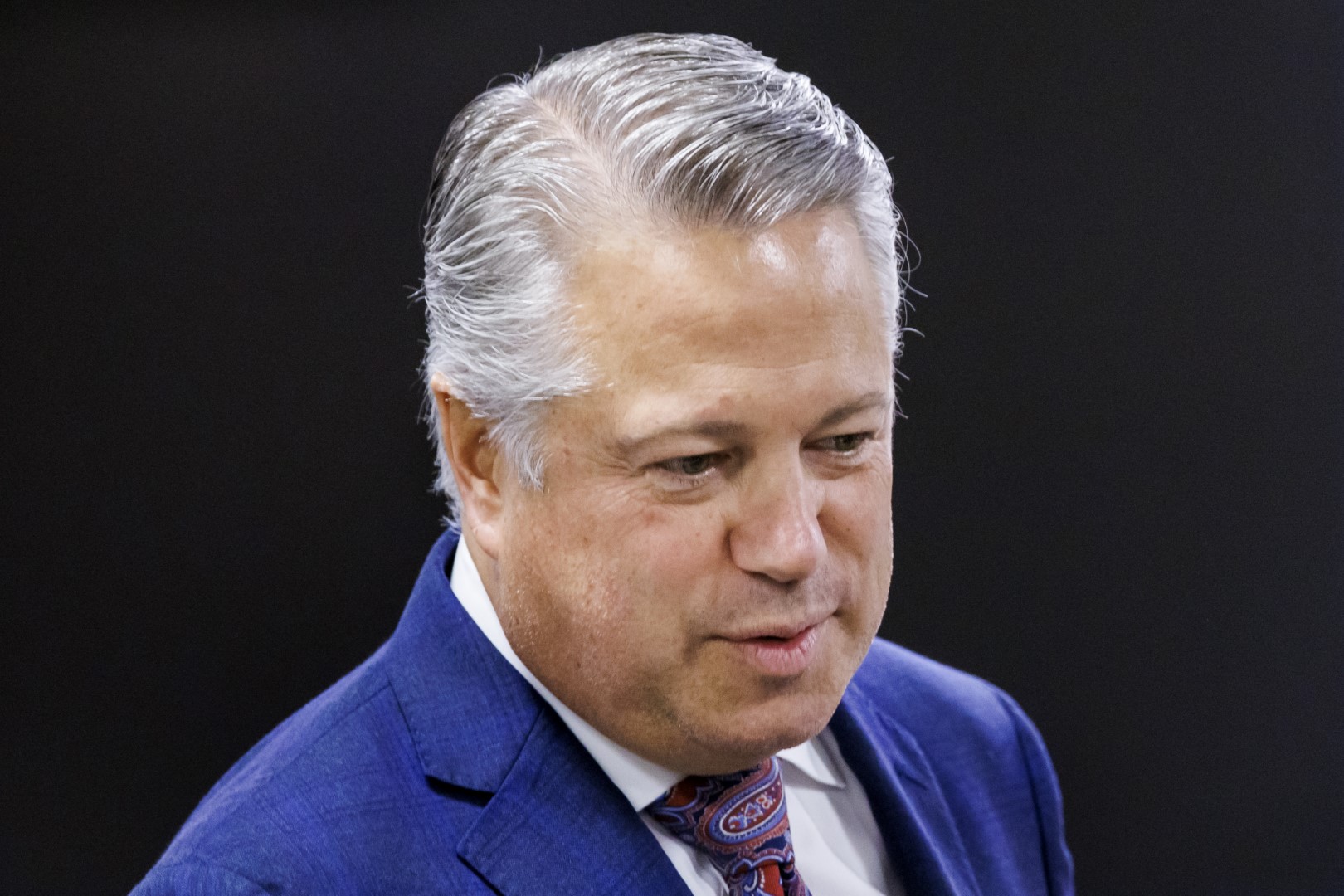The Senate Rules Committee has passed a measure that Republican backers say will strengthen parental rights in Florida, sending it to the Senate floor.
Fort Pierce Republican Sen. Erin Grall presented the bill (SB 1288), which requires parental consent for minors in various instances, including medical treatments, the use of biofeedback devices and the administration of surveys or questionnaires.
The legislation would require parental consent for minors receiving medical treatment for sexually transmissible diseases.
The committee adopted an amendment that removed the survey and questionnaire language from the bill and instead amended a subsection in the education code to require parental notification and the opportunity for a parent to opt out of well-being or mental health or health screening questionnaires for K-12 students.
The bill would further add that a parent would not have the right to make health decisions for their child if a court orders otherwise. Written consent must also be provided before a child’s blood or DNA records are created, stored or shared. However, there are specific legal exceptions.
Biofeedback devices are defined as instruments that measure bodily functions like heartbeat or brain waves. These devices would be prohibited for use on minors without parental consent, and if authorized by a parent, the results must be shared with the parent and be treated as a confidential medical record.
Grall explained that health care providers would further be restricted from performing any medical procedures on a minor without first getting written consent from the parent. The exception would be in cases of an emergency or court orders. Violations of parental consent by health care professionals could result in fines and could be grounds for discipline for both the practitioners and the facilities.
During questions, Boynton Beach Democratic Sen. Lori Berman asked Grall why certain provisions had been removed.
“I’m just trying to clarify, why we are taking out all those things that say ‘unless otherwise prohibited by law’ in the bill?” Berman asked.
In response, Grall said that parents are probably the best people to have involved with their child’s treatment, especially when it comes to certain allergies to medications their child might have but might not know about.
“There are a number of systems that intersect with our children and divide the parent-child relationship,” Grall said. “The parent is the best one suited to direct that treatment and care. For example, if a child has syphilis, and needs the treatment for that is penicillin, a shot of penicillin, if that child is allergic and does not know that they are allergic, then they can have an anaphylactic response to that treatment.”
Grall said the bill would allow parents to have the opportunity to participate in their child’s care and any ongoing treatment that may result from that.
“Any ongoing treatment, if the child is HIV positive and needs different types of ongoing treatment,” Grall said, “these are all things a parent is ultimately responsible for, that treatment and care in the home, and should be given the opportunity to participate in that care to advise the child, as opposed to a system that comes and says, ‘In fact, we actually know better than your parent.’ And so, that is what this bill seeks to do with regard to different health care components.”
Berman then asked if the bill would be nullifying provisions in health care laws that would allow for treatment without consent.
“Won’t that be confusing for health care providers to have the laws on the books saying that they provide treatment but now in the education code there’s an oblique removal?” Berman asked.
Grall said in response that yes, they would nullify provisions.
“Yes, I think that it is in fact, it would supersede some existing laws on the books and in an ideal world, I agree that I would like to see some of the underlying statutes changed in their entirety,” Grall said.
John Harris Mauer on behalf of Equality Florida opposed the bill and said that while they value parental rights, the legislation could put vulnerable children at risk if they do not, in fact, have a supportive environment at home.
“Equality Florida opposes SB 1288,” Harris Mauer said. “We deeply value parental rights; there are many parents who are phenomenal advocates for their children. But we know that’s not always the case. Even in some supportive households, there are vulnerable young people who cannot or simply do not feel comfortable talking to their parents about issues like STIs or severe mental health struggles.”
Harris Mauer added that minors who are not able to get treatment could suffer long term health effects.
“Please don’t punish those young people by requiring communication that is or feels impossible with their parents if they want health care,” Harris Mauer said.
“If a young person is not comfortable with involving a parent out of fear, shame or guilt, this bill makes them suffer the health consequences alone, without the long-standing exceptions provided by law. This bill says we would rather a young person suffer potentially serious and long-standing mental and physical health consequences than be able to get help from a highly trained professional where they are willing to do so.”
Kara Gross, Legislative Director and Senior Policy Counsel for the Florida chapter of the American Civil Liberties Union, opposed the bill and said she disagreed that health care professionals should be required to withhold treatment without parental consent.
“This bill will endanger the health of minor children in the name of parental rights,” Gross said.
“Make this make sense. Under this bill, if medical professionals determine that a minor has an STI, they would be required to withhold treatment that could quickly treat the STI. At the very least, this bill should explicitly provide that if the health provider is unable to reach the parent, that they can still provide the health care to the minor.”
Gross added that delaying treatment for STIs can lead to significant health consequences for minors, including infertility, and can result in increased transmission.
“Are we really requiring doctors to turn away a minor with an untreated STI?” Gross asked.
Pam Westling, a family nurse practitioner and parent, supported the bill and said during her years working as a health care professional, evidence shows family involvement helps foster better outcomes.
“I have had a wide-ranging career, caring for people of all ages,” Westling said.
“I have worked from ICUs to primary care and community health centers, and I have found that including families in their care promotes well-being and faster recovery. Based on my empirical experience over 40 years, and many studies done in nursing, medical and psychological literature, we know that supporting the family unit is central to the well-being and the health of the child and the entire family unit.”
During the bill’s debate, Berman said she had seen this bill many times and strongly opposed the bill every time it came up.
“The vulnerable children that we’re really putting at risk here with this bill,” Berman said.
“I did a little research on STIs just to see what happens if they’re untreated. So, if you have chlamydia and it’s untreated, you can get pelvic inflammatory disease, infertility. If you have syphilis, and it’s untreated, and it’s late stage, you could have damage to your brain, your nerves, your heart and other organs. Pregnancy for syphilis can cause miscarriage, still birth or birth defects. HPV can cause cervical cancer. HIV can lead to full blown AIDS if it’s not treated.”
Berman added that minors would have their health put at risk if the bill was passed because not all children can go to their parents to talk.
“We have a lot of situations where we are putting children’s health in extreme risk by making them have to go to their parents for the actual treatment,” Berman said. “You know, I asked the question, and I was told, well they might have an allergy. I would hope that we tell our children what their allergies are and that they can be the ones who talk to their doctors and find out what is going on.”
In closing, Grall said that it is frustrating that those who oppose the bill focus on the sexual activity of minors.
“I personally have been focused on parental rights for a number of years, and my issue is I don’t want anybody else talking with my children about those things,” Grall said. “That’s my job, and right now there are systems that come up, and instead of the parent being there as a first educator, there are systems that introduce to all children, very early, and it’s a one-size-fits-all.”
Grall said there is no excuse for some of the heartbreaking stories that were shared by the bill’s opponents but added that not all parents should have their parental rights ignored because of this.
“I do think that people come to this issue with a pure heart, and understand that we do have vulnerable children, our systems for mandatory reporting are clearly not working, all the way around,” Grall said.
“There is no excuse for some of the horrific, horrific stories we have heard. None. We can’t take away the due process rights of all parents because people aren’t using the systems we have in place. We can’t legislate only for the most vulnerable and ignore the rights of all families.”
Post Views: 0

 Entertainment8 years ago
Entertainment8 years ago
 Politics8 years ago
Politics8 years ago
 Entertainment8 years ago
Entertainment8 years ago
 Entertainment8 years ago
Entertainment8 years ago
 Tech8 years ago
Tech8 years ago
 Tech8 years ago
Tech8 years ago
 Tech8 years ago
Tech8 years ago
 Politics8 years ago
Politics8 years ago













